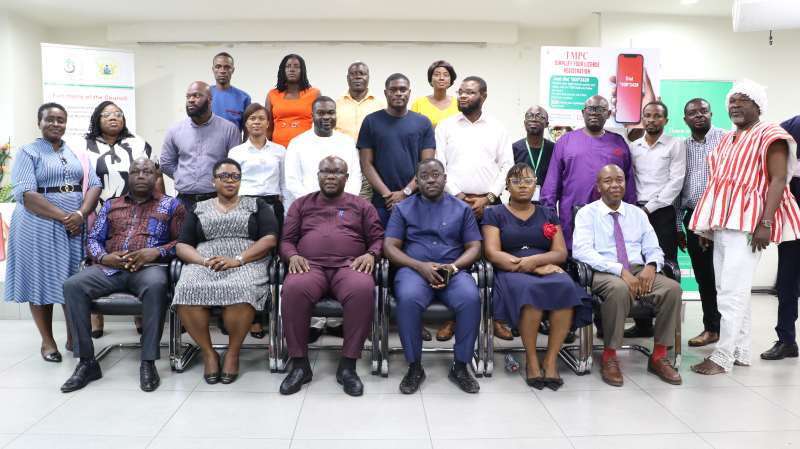Public sector organizations are increasingly recognizing the necessity of digitalization as a strategic tool for reducing corruption and improving operational efficiency. One recent development in Ghana is the launch of the Traditional Medicine Practice Council (TMPC) online portal and digital payment system in Accra. This initiative is part of a broader drive towards modernization and enhanced service delivery within the public sector. Mrs. Freda Asare Adjei, the Deputy Director at the Ministry of Health, emphasized at the launch that the primary aim of implementing such technology is to refine existing processes, thereby alleviating the challenges faced in service delivery, especially in a bureaucratic environment.
The digitalization initiative in Ghana is not merely about adopting new technologies but is part of a larger vision to enhance financial inclusion and improve access to essential public services. Mrs. Adjei highlighted that the positive effects of digitalization extend beyond healthcare, influencing areas such as food security and education. As various public sector institutions adopt information systems, the pressing question remains whether they can successfully leverage these tools to transform their operational processes. Digital transformation, while necessary, is fraught with several challenges that must be addressed to ensure effective implementation across the public sector, including norms, cultural resistance, and regulatory hurdles.
Central to the Ministry of Health’s strategy for digitalization has been the development and deployment of various online platforms aimed at minimizing bureaucratic hurdles that often impede service delivery. By reducing human interactions during the process, the Ministry hopes to create a more streamlined approach to public service, making it less cumbersome for citizens seeking assistance. This shift towards digital platforms is indicative of a growing recognition within the government of the need to adapt to the modernized expectations of the populace regarding service efficiency.
To facilitate this transition, the Ministry of Health has put in place a range of policies and strategies aimed at supporting the technological upgrade in the sector. This includes thorough training programs designed to equip staff with the necessary skills to navigate and utilize the new information systems effectively. Such efforts are essential not only for immediate operational efficiency but also for fostering a culture of innovation and adaptability among public sector employees, who are often entrenched in traditional ways of working.
However, the success of these initiatives relies heavily on addressing some of the deep-seated challenges that hinder the deployment of information systems. Resistance stemming from entrenched norms and cultural attitudes can pose significant barriers to change. As organizations within the public sector begin to embrace digital transformation, it’s crucial that they also engage with these challenges comprehensively, fostering a mindset that welcomes change and acknowledges the potential benefits of adopting new technologies.
In conclusion, as public sector organizations like the TMPC take significant steps towards digitalization, the broader implications for governance, efficiency, and public trust become increasingly evident. The path to effective digital transformation is marked by challenges but also presents an opportunity for substantial reforms in how public services are delivered. The ongoing efforts by the Ministry of Health in Ghana to digitalize services exemplify a crucial shift towards modern governance, emphasizing the importance of both technological advancement and cultural change in achieving lasting success in the public sector.


